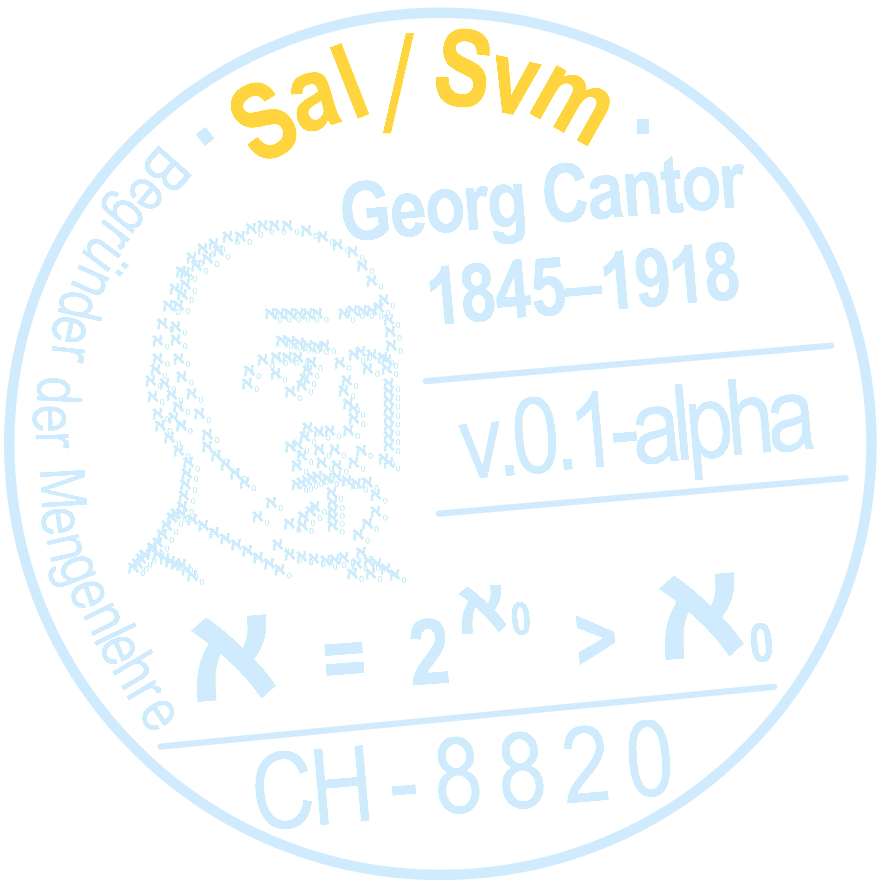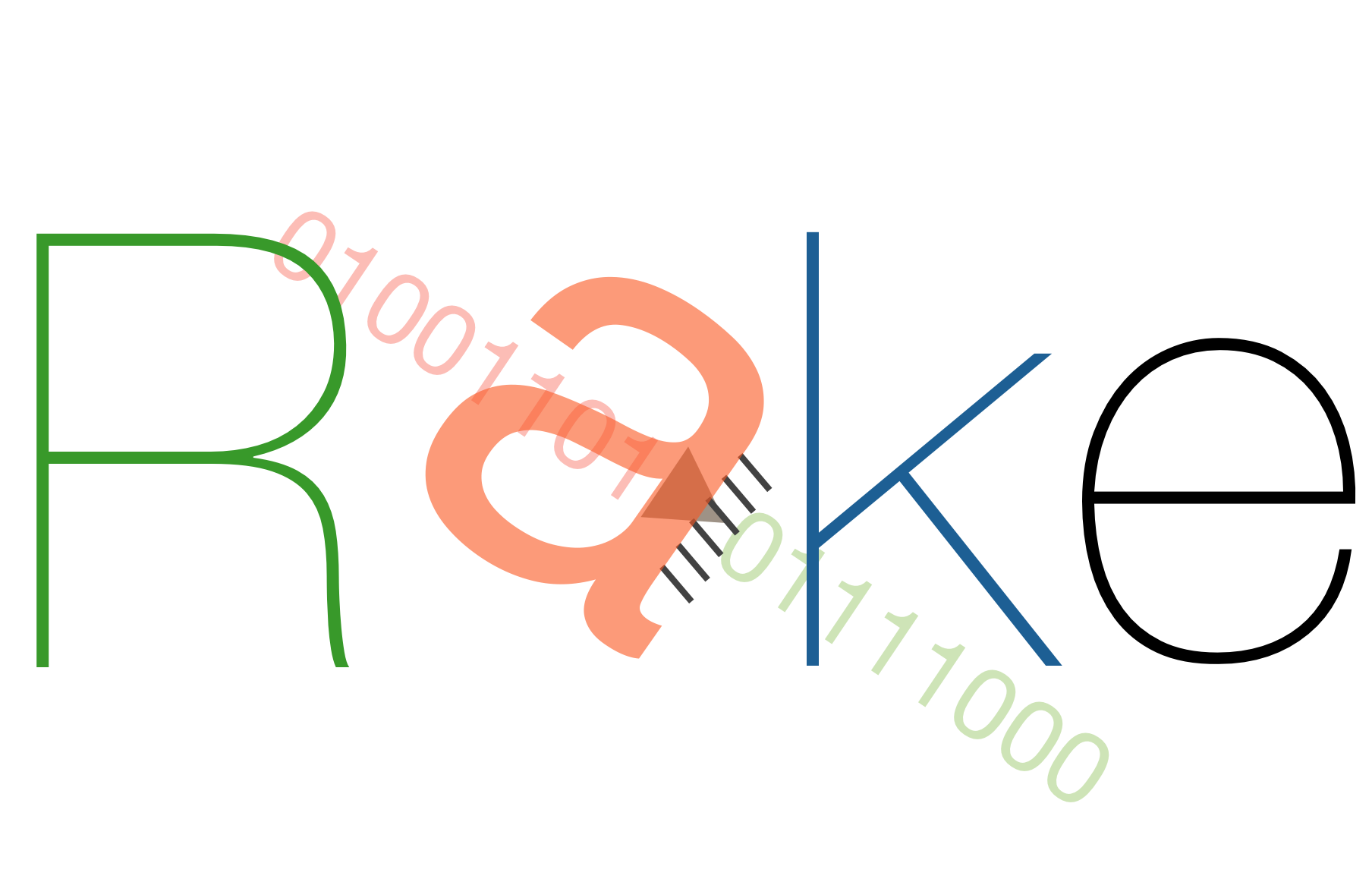Photo credit: Mads Perch
What I Do
I am a full Professor (Chair of Physical Computation) in the Electrical Engineering Division of the Department of Engineering at the University of Cambridge, where I lead the Physical Computation Laboratory. I was recently a Royal Academy of Engineering Enterprise Fellow and a Faculty Fellow at the Alan Turing Institute where I co-lead the Interest Group on AI in Resource- and Data-Constrained Environments. I’m the founder and CEO/CTO at Signaloid, a University of Cambridge spin out that provides hardware for uncertainty-tracking computation.
My research explores fundamental methods to use an understanding of the physical world to enable efficient computation that interacts with nature. My research results include processor and accelerator architectures for processing empirical data, novel devices (e.g., GFETs, memristors) for computation with a focus on resource-constrained systems (e.g., edge AI and autonomous systems).
Some of my recent and ongoing work investigates new processor architectures for processing uncertain data, new hardware accelerators based on properties of novel devices (e.g., graphene field-effect transistors), new methods for learning models from physical sensor data in resource-constrained systems, and new methods for synthesizing state estimators (e.g., Kalman filters) and sensor fusion algorithms from physical system descriptions.
In addition to my primary activity of research, I am actively involved in research-driven education activities (both within the University as well as to a wider online audience) and science for public policy.
Capsule Biography
B.Sc., 1999 (Rutgers); M.Sc., 2001 (Rutgers); Ph.D., 2007 (Carnegie Mellon). In the summers of 1995, 1996, and 1999, I worked as an intern / engineer at Bell Labs (Murray Hill, NJ), first in the Microelectronics Division, and then in the Data Networking Division, on a project spun out by the research group that created the C programming language, the Unix, Inferno, and Plan 9 operating systems, and much more. I spent 2006–2008 at Technische Universiteit Eindhoven in the Netherlands, joined IBM Research in Zürich, Switzerland, as a permanent Research Staff Member from 2008–2012, and then joined Apple in Cupertino from 2012–2014. I moved back to academia in 2014: I was in the MIT Computer Science and Artificial Intelligence Laboratory (CSAIL) from 2014-2017 and joined the University of Cambridge as a faculty member in 2017. Since 2018, I am also a Faculty fellow at the Alan Turing Institute for Data Science and Artificial Intelligence in London. I am the founder of Signaloid, a startup developing a new approach to computation that interacts with the physical world.
Selected Recent Press
May 2020: Long-form article in Wired Magazine by Kassia St Clair, about my collaboration with Peprally and the work on Crayon and Ishihara.
November 2019: Article by the University of Cambridge Department of Engineering covering our work on Dimensional Function Synthesis in ACM Transactions on Embedded Computing Systems and the resulting Best Paper Award.
August 2019: Article in Fast Company Magazine on collaborative work with Peprally, using anonymous color selections from the Specimen game for bespoke image compression.
Selected Recent Peer-Reviewed Research Publications
J. T. Meech and P. Stanley-Marbell, "Efficient Programmable Random Variate Generation Accelerator From Sensor Noise," in IEEE Embedded Systems Letters, vol. 13, no. 3, pp. 73-76, Sept. 2021, doi: 10.1109/LES.2020.3007005.
Thomas Newton, James T. Meech and P. Stanley-Marbell. 2021. Machine Learning for Sensor Transducer Conversion Routines. arXiv:2108.11374. From https://arxiv.org/abs/2108.11374.
V. Tsoutsouras, O. Kaparounakis, B. Bilgin, C. Samarakoon, J. Meech, J. Heck, and P. Stanley-Marbell. To appear, 54th ACM/IEEE International Symposium on Microarchitecture (MICRO-54).
B. A. Bilgin and P. Stanley-Marbell, “Probabilistic Value-Deviation-Bounded Source-Dependent Bit-Level Channel Adaptation for Approximate Communication". To appear IEEE Transactions on Computers, 2020.
N. J. Tye, J. T. Meech, B. A. Bilgin, and P. Stanley-Marbell, “A Mixed-Signal Architecture for Generating Non-Uniform Random Variates Using Graphene Field-Effect Transistors". To appear, Journal of Signal Processing Systems, October 2020.
C. Samarakoon, G. Amaratunga, and P. Stanley-Marbell. “Content-Aware Automated Parameter Tuning for Approximate Color Transforms”, 22nd International Conference on Human-Computer Interaction with Mobile Devices and Services (MobileHCI), October 2020.
V. Tsoutsouras, S. Willis, Y. Wang, and P. Stanley-Marbell, “Deriving Equations from Sensor Data Using Dimensional Function Synthesis". To appear, Communications of the ACM (selected as a CACM Research Highlight), October 2020.
M. Pirron, D. Zufferey, and P. Stanley-Marbell. “Automated Controller and Sensor Configuration Synthesis using Dimensional Analysis”. Accepted for publication / to appear in IEEE Transactions on Computer-Aided Design of Integrated Circuits and Systems (TCAD), October 2020.
J. T. Meech and P. Stanley-Marbell, “Efficient Programmable Random Variate Generation Accelerator from Sensor Noise". Accepted for publication / to appear in IEEE Embedded Systems Letters, June 2020.
N. J. Tye, J. T. Meech, B. A. Bilgin, and P. Stanley-Marbell, "A System for Generating Non-Uniform Random Variates Using Graphene Field-Effect Transistors". In 31st IEEE International Conference on Application-specific Systems, Architectures and Processors, (8 pages), July 2020.
R. Hopper, D. Popa, V. Tsoutsouras, F. Udrea, and P. Stanley-Marbell, "Miniaturized Thermal Acoustic Gas Sensor based on a CMOS Micro-hotplate and MEMS Microphone". In Proceedings of 4th Functional Integrated Nano Systems, (3 pages), May 2020.
P. Stanley-Marbell, A. Alaghi, M. Carbin, E. Darulova, L. Dolecek, A. Gerstlauer, G. Gillani, D. Jevdjic, T. Moreau, M. Cacciotti, A. Daglis, N. Enright Jerger, B. Falsafi, A. Misailovic, A. Sampson, and D. Zufferey, "Exploiting Errors for Efficiency: A Survey from Circuits to Algorithms". Accepted for publication / to appear in ACM Computing Surveys vol. 53, no. 3, article 51, 2020. (38 pages). (Nominated for best paper award.)
P. Stanley-Marbell and M. Rinard, "Warp: A Hardware Platform for Efficient Multimodal Sensing With Adaptive Approximation. IEEE Micro, vol. 40, no. 1, pp. 57-66, (10 pages), Jan.-Feb. 2020.
Y. Wang, S. Willis, V. Tsoutsouras, and P. Stanley-Marbell, “Deriving Equations from Sensor Data Using Dimensional Function Synthesis". ACM Transactions on Embedded Computing Systems (best paper award winner), vol. 18, issue 5s, (22 pages) October 2019.
Selected Recent Preprints
B. A. Bilgin and P. Stanley-Marbell, “Probabilistic Value-Deviation-Bounded Source-Dependent Bit-Level Channel Adaptation for Approximate Communication" arXiv:2009.07811, September 2020.
C. Samarakoon, G. Amaratunga, and P. Stanley-Marbell. “Inferring Human Observer Spectral Sensitivities from Video Game Data”, arXiv:2007.00490, July 2020.
C. Samarakoon, G. Amaratunga, and P. Stanley-Marbell. “Content-Aware Automated Parameter Tuning for Approximate Color Transforms”, arXiv:2007.00494, July 2020.
N. J. Tye, J. T. Meech, B. A. Bilgin, and P. Stanley-Marbell. “A System for Generating Non-Uniform Random Variates using Graphene Field-Effect Transistors”, arXiv:2004.14111, April 2020.
O. Kaparounakis, V. Tsoutsouras, D. Soudris, and P. Stanley-Marbell, “Automated Physics-Derived Code Generation for Sensor Fusion and State Estimation”, arXiv:2004.13873, April 2020.
V. Tsoutsouras, M. Vigdorchik, and P. Stanley-Marbell, “Synthesizing Compact Hardware for Accelerating Inference from Physical Signals in Sensors”, arXiv:2002.01241, February 2020.
J. Meech and P. Stanley-Marbell, “Efficient Programmable Random Variate Generation Accelerator from Sensor Noise”, arXiv:2001.05400, February 2020.
V. Tsoutsouras, J. Story, and P. Stanley-Marbell, “Payload-Mass-Aware Trajectory Planning on Multi-User Autonomous Unmanned Aerial Vehicles”, arXiv:2001.02531, January 2020.
Recent International Research Events Organized
Dagstuhl Seminar on Approximate Systems. Co-organized with Eva Darulova (Max Planck Institute), Babak Falsafi (EPFL), and Andreas Gerstlauer (UT Austin).
SNF International Exploratory Workshop on Theory and Practice of Error-Efficient Computing Systems. Co-organized with Babak Falsafi (EPFL), and Adrian Sampson (Cornell).
Recent Professional Service
Program committee, USENIX/ACM European Conference on Computer Systems (EuroSys), 2020.
Co-Organizer, Dagstuhl International Workshop 20222 on Approximate Systems, Schloss Dagstuhl – Leibniz-Zentrum für Informatik, May 2020.
Executive Committee, EPSRC Connected Everything NetworkPlus, 2019 to present.
Steering Committee, EPSRC Centre for Doctoral Training in Sensor Technologies and Applications (Sensor CDT) 2019 to present.
Associate Editor, IEEE Transactions on Computer-Aided Design of Integrated Circuits and Systems, 2019 to present.
Vice Chair, ACM Special Interest Group on Operating Systems (SIGOPS), 2019 to present.
Steering committee, University of Cambridge Trust and Technology Initiative, 2017 to present.
Steering committee, USENIX/ACM Hot Topics in Operating Systems (HotOS XVII), 2017, 2019.
Program committee, USENIX/ACM European Conference on Computer Systems (EuroSys), 2019.
Program committee, IEEE Symposium on High Performance Computer Architecture (HPCA), 2019.
Program committee, ACM/IEEE International Symposium on Computer Architecture (ISCA), 2018.
Program committee, ACM/IEEE Intl. Conf. on Formal Methods & Models for Sys. Design, 2018.
Program committee, IEEE/ACM Intl. Conference on Computer-Aided Design (ICCAD), 2018.
Program committee, USENIX/ACM European Conference on Computer Systems (EuroSys), 2018.
Program committee, 8th Workshop on Systems for Multi-core and Heterogeneous Architectures (SFMA), 2018.
Co-organizer, Swiss National Science Foundation (SNF) International Exploratory Workshop on Theory and Practice of Error-Efficient Computing, 2017.
Sponsorships chair, USENIX/ACM Hot Topics in Operating Systems (HotOS XVI), 2017.
Posters chair, USENIX/ACM European Conference on Computer Systems (EuroSys), 2017.
Program committee, IEEE/ACM Intl. Conference on Computer-Aided Design (ICCAD), 2017.
Selected Recent Granted Patents
P. Stanley-Marbell and M. Rinard, “System, method, and apparatus for reducing power dissipation of sensor data for bit-serial communication”, US Patent number 10,601,452, granted 24th March 2020.
P. Stanley-Marbell and M. Rinard, “Method and Apparatus for Reducing Sensor Power Dissipation". US Patent number 10,539,419, granted 21st January 2020.
D. Chan, J. Iarocci, G. Kapoor, K. Wan, P. Stanley-Marbell et al., “Initiating background updates based on user activity”. US Patent 10,223,156, granted 5th March 2019.
P. Stanley-Marbell and M. Rinard, “System, method, and apparatus for reducing power dissipation of sensor data on bit-serial communication interfaces". US Patent US 10,135,471, granted 20th November 2018.
C. de la Cropte de Chanterac, P. Stanley-Marbell, K. Venkatraman, G. Kapoor, “Smart advice to charge notification”, US Patent US 10,083,105, granted 25th September 2018.
P. Stanley-Marbell, G. Kapoor, and U. Vaishampayan), "Dynamic adjustment of mobile device based on voter feedback". US Patent 9,813,990, granted 7th November 2017.
P. Stanley-Marbell, G. Kapoor, and U. Vaishampayan. "Dynamic Adjustment of Mobile Device Based on Adaptive Prediction of System Events". US Patent Number 9,465,679, granted 11th October 2016.
P. Stanley-Marbell, G. Kapoor, and U. Vaishampayan. "Dynamic Adjustment of Mobile Device Based on System Events". US Patent Number 9,462,965, granted 11th October 2016.
P. Stanley-Marbell, G. Kapoor, and U. Vaishampayan. "Dynamic Adjustment of Mobile Device Based on Thermal Events". US Patent Number 9,432,839, granted August 30, 2016.
J. Wood, K. Vyas, A. Vyrros, G. Kapoor, P. Stanley-Marbell et al. "Push notification initiated background updates". US Patent Number 9,392,393, granted July 12, 2016.
P. Stanley-Marbell, G. Kapoor, K.-M. Wan, and J. Andrews. "Dynamic adjustment of mobile device based on user activity". US Patent Number 9,256,484, granted February 9, 2016.
Selected Recent Education Activities
I am passionate about enabling learning.
I am creating a new open-access online course on Foundations of Embedded Systems.
I am delighted to be working with the Cambridge University Press and edX on a new Technology-Enabled Learning Pilot on Embedded Systems and RISC-V Processor Design starting in 2019.
I created IIA GB3, a new 3rd-year project on RISC-V Processor Design at the University of Cambridge, during Easter terms, starting in 2019.
I created 4B25, a new fourth-year undergraduate course on Embedded Systems at the University of Cambridge, during the Michaelmas terms, starting in 2017.
I received a University of Cambridge Teaching and Learning Innovation Fund (TLIF) Award, 2017.
I ran MIT 6.S194 (Error-Efficient Computing Systems) again in IAP 2017.
I served as a Workshop Instructor for MIT 6.S977, during Spring 2016.
I created MIT 6.S194/IAP (Error-Efficient Computing Systems) in IAP 2016 (a new 6-unit IAP course).
I was on the team of advisors for the new MIT EECS Communication Laboratory.
In spring 2015, I completed the MIT Kaufman Teaching Certificate Program.
From about 2002 to 2005, I took part in the Carnegie Mellon Eberly Center for Teaching Excellence program.
Teaching Assistant of the Year Award, Rutgers University Department of Electrical Engineering, 2000.





